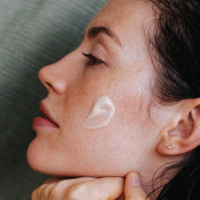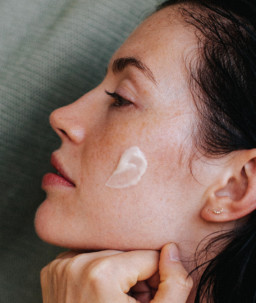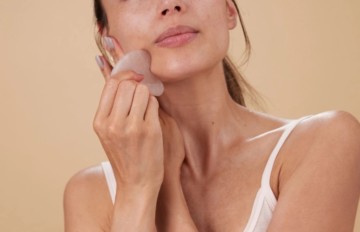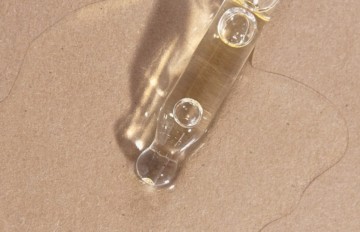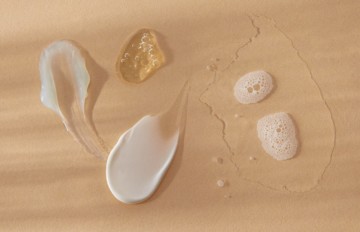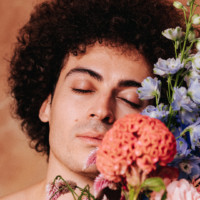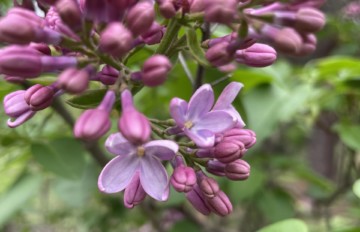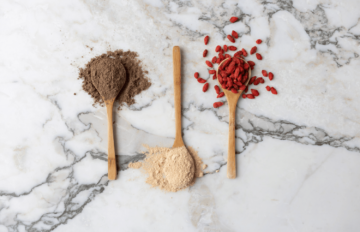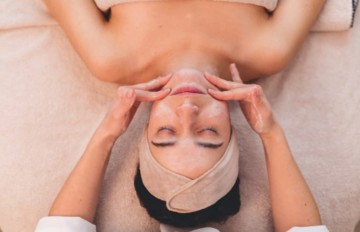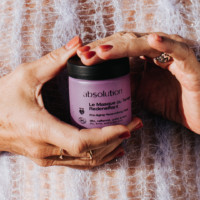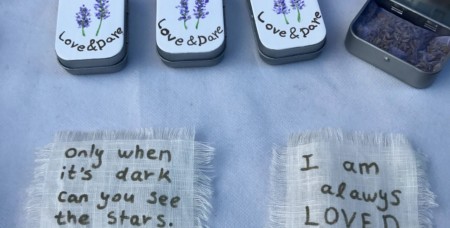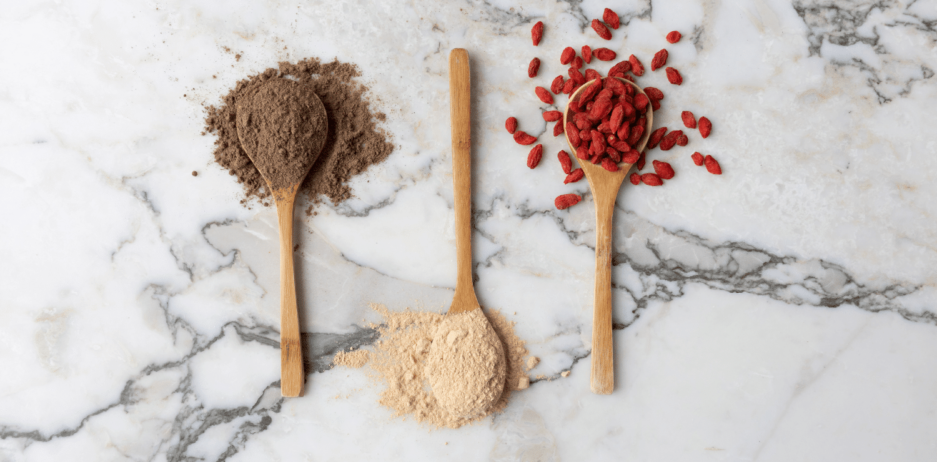
Adaptogens & Beauty: the 7 best adaptogens to take care of your beauty from the inside out.
For millennia, people around the world have turned to nature for remedies, wellness and beauty. Today the cosmetics and nutricosmetics fields are very interested by adaptogens. This growing enthusiasm from the wellness world has shed light on the wisdom of these medicinal herbs and ancestral practices. Adaptogenic herbs, which have been known for centuries in traditional Chinese medicine as well as in Ayurveda, could become our beauty’s best allies.
As we have seen in my previous piece about adaptogens (see “Introduction to adaptogens” and “Rhodiola Rosea, the golden root“), these herbs will help the body to adapt to stress, eliminating its negative impacts and therefore allow us to avoid the signs of a stressed skin.
In this new article I invite you to discover the positive effects of adaptogens for beauty (skin, hair, nails…), with a focus on my top 7 adaptogens, that are particularly indicated to feel radiant from the inside out. Who would say no to a daily dose of glowing skin?
Stress & Skin
We are more and more aware of the fact that the number one enemy of our well-being is stress, it is considered a precursor of many diseases and health problems, blood sugar imbalances, weight gain, mood swings, heart and lung problems, digestive issues etc…the list goes on.
Stress plays an important role in skin health and skin diseases, interferes with wound healing, contributes to inflammation, increases acidity and can lead to hormonal imbalance, which affects how the skin properly functions.
The skin is our body’s largest organ, and its function involves regulating body temperature, pressure, and pain signals. The skin, as an organ of the senses, also has a connection with the nervous system. In Ayurveda, the skin is believed to support both physiology and psychology. Our skin is the border between our inner world and the outer world.
Stress is a key factor that will damage skin cells. By impacting our general condition, stress will wreak havoc of our emotional state and then on the health of our skin, it is commonly said that the skin is the mirror of emotions. The link between the skin and the emotions is also obvious: blushing, goose bumps, sweating, pale complexion etc.
Moreover, the field of psycho-dermatology studies the mind-skin connection, it addresses the apparent link between our emotional state, the physiological response of the body to this state and the result of this response on our skin, our body, our health. and our well-being.
Stress will lead to stressed skin, causing dullness, dark circles, irritation, redness, dryness, rashes, accelerated aging, fine lines and wrinkles. It can be difficult to notice the real impact of stress on our skin until the damage is already done.
If we take the example of sleep, intuitively we know that when our sleep is affected by our state of stress, the quality and quantity of our sleep are compromised, and our skin will suffer from it. Long-term sleep deprivation is recorded by the body and brain as stress, which results in higher levels of the number one stress hormone: cortisol. (For more details on the mechanism and impact of stress see: Introduction to adaptogens). This will impact the skin because the cortisol spikes will inhibit the production of key molecules and substances of the skin such as collagen, hyaluronic acid, lipids and elastin (which in particular keep the skin smooth, firm and supple.). This will therefore have harmful and visible effects on skin health.
Many health practitioners are interested in the skin as a window on overall health. If you are just treating the skin on the surface, in most cases the topical care is just going to be a band-aid. If you suffer from certain skin problems, you can already start by reducing the stress that causes them. This is where adaptogens come in.
Adaptogens & the skin
Adaptogenic herbs will effectively help the body adapt to stress, whether emotional, physical or environmental. During a stressful situation, adaptogens keep the body in balance (homeostasis). They normalize our physiological response to keep our body and mind from becoming exhausted with each stressor. (For more details on how adaptogens work in detail see my article “Introduction to adaptogens“).
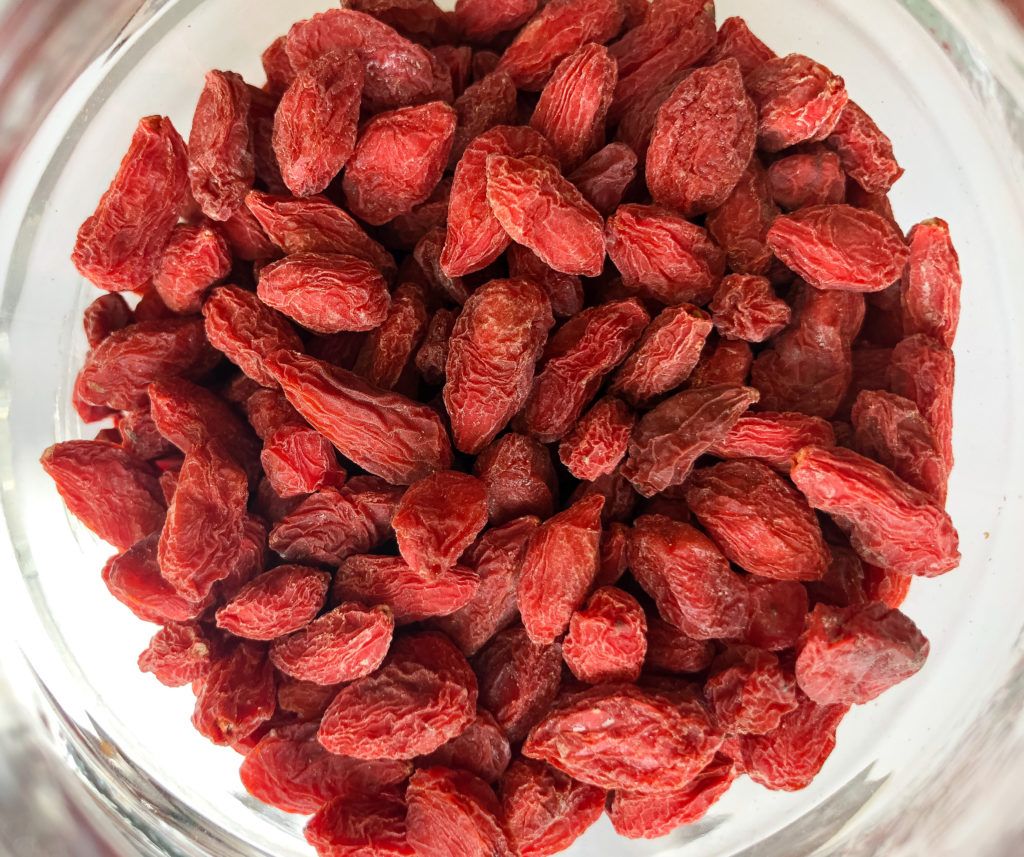
Adaptogenic herbs are going to be an essential help in protecting your skin from stress and damage caused by hormones like cortisol.
Adaptogens can be defined as botanical extracts that can help regulate the body’s systems and adapt to give the body and also the skin what it needs at a certain time.
Adaptogenic herbs will balance the body and nourish the adrenal glands, also help balance hormones, balance blood sugar, and support the immune system.
Take the immune system for example, which plays a key role in skin healing, stress will impair your immune system’s ability to heal wounds, a constant high level of the stress-induced hormone cortisol interferes with important activities for wound healing. Certain adaptogens, such as astragalus, have been used to support and strengthen the immune system. Gotu kola, on the other hand, reduces inflammation and promotes faster healing of wounds.
Some researchers and dermatologists have made the connection between stress, gut health and skin health. As we now know, our digestive system health affects everything from our mood to our skin. In TCM, the large intestine reflects the skin, so that an over-congested digestive system will show up on the skin that will be congested. Adaptogens such as amla, goji, tulsi, astragalus, will help support and improve intestinal health.
Stress is an aggravating factor for sensitive skin conditions like eczema and rosacea, triggered by internal and external stressors. Some specialized herbalists suggest in certain cases to take rhodiola rosea (an excellent anti-aging and anti-viral, anti-inflammatory, antioxidant, that also has a potential of DNA repair, see my article “Rhodiola Rosea, the golden root”), gotu kola or schisandra, for their soothing properties for the skin.
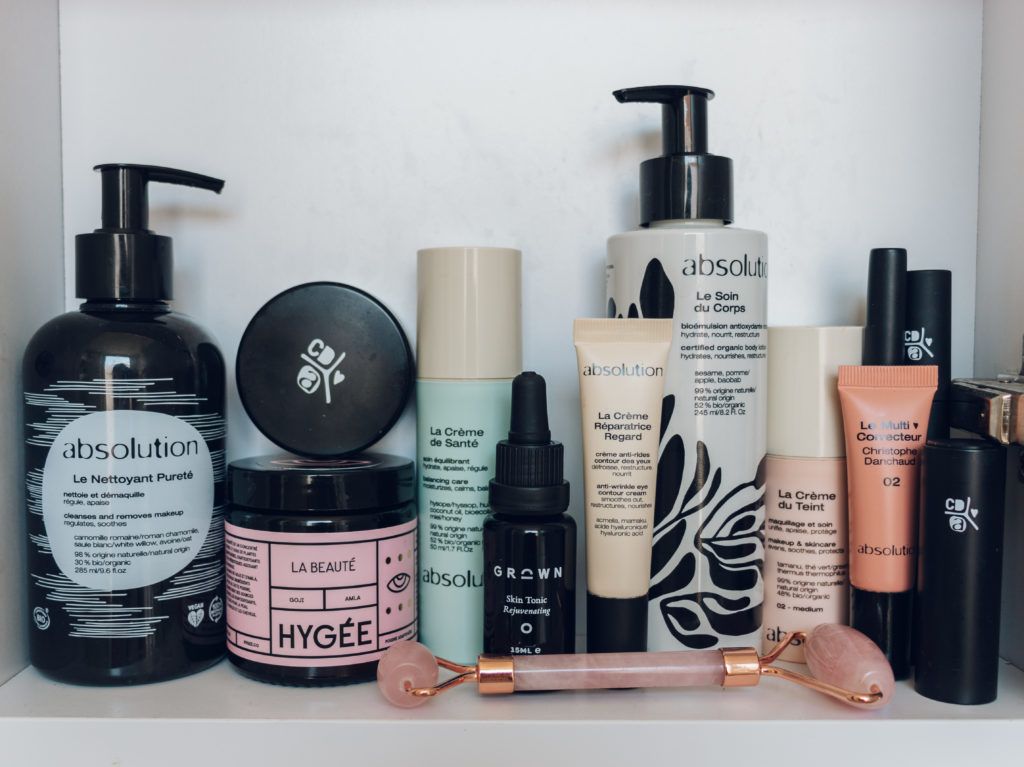
Since a few years years, “avant-garde” cosmetic and wellness brands have innovated by including adaptogens in the composition of their products. Including adaptogens in skincare helps regulate stressors, especially to protect and soothe stressed skin. Adaptogens are the key ingredients in new anti-aging skin care products. These herbs delay cellular aging by strengthening the cells’ natural defenses against biological stress factors. Adaptogens are excellent to reduce inflammation, promote faster healing and protect against a variety of other skin stressors, external aggressions, pollution, UV rays. The result? Younger, brighter, healthier and more radiant skin! (Absolution is releasing a hydrating face mask in June with astragalus, which I can’t wait to try!)
My path with skin problems has been long, it took me years to find natural solutions & remedies, to understand the link with the emotional stress, the impact on my body and the effects it had on my skin.
“It is by treating the cause, from the inside, first, that we will see a result on the outside.” This is probably the best advice I have ever received from a homeopath who specializes in skin problems. The daily use of adaptogenic herbs, discovered during a trip to India, has been a real revelation for me, in my quest of stress management and have largely participated in the improvement and healing of my skin problems.
Focus
Here is a list of my favorite adaptogenic herbs for all things beauty, to help you get to know them and choose the ones that are right for you.
They have all been subjects of research and have all the qualities to be defined as adaptogens and in addition the plants mentioned here, will benefit the integumentary system, which includes: skin, nails, hair.
Amla – Emblica officinalis
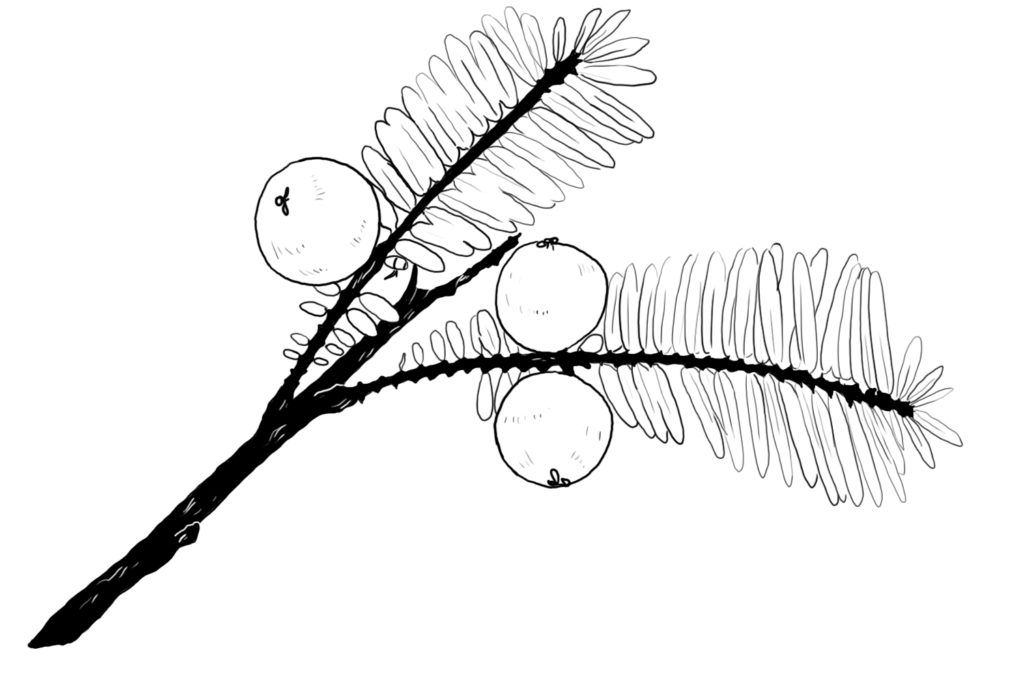
Also known as Indian gooseberry, amla has a long tradition of use in Ayurvedic medicine. It supports liver health, lowers cholesterol levels and decreases inflammation. A recent study found that amla extract was able to increase collagen production.
Indeed, its high content of antioxidants extends to the protection of the collagen of the skin, against the ultraviolet rays of the sun which are known to damage the cells of the skin. UVB rays are responsible for sunburn, but UVA rays penetrate the deep layers of the skin and cause signs of aging. Amla has also been used as a hair tonic, it promotes hair growth by strengthening the root and also helps maintain color and shiny hair.
Astragalus – Astragalus membranaceus
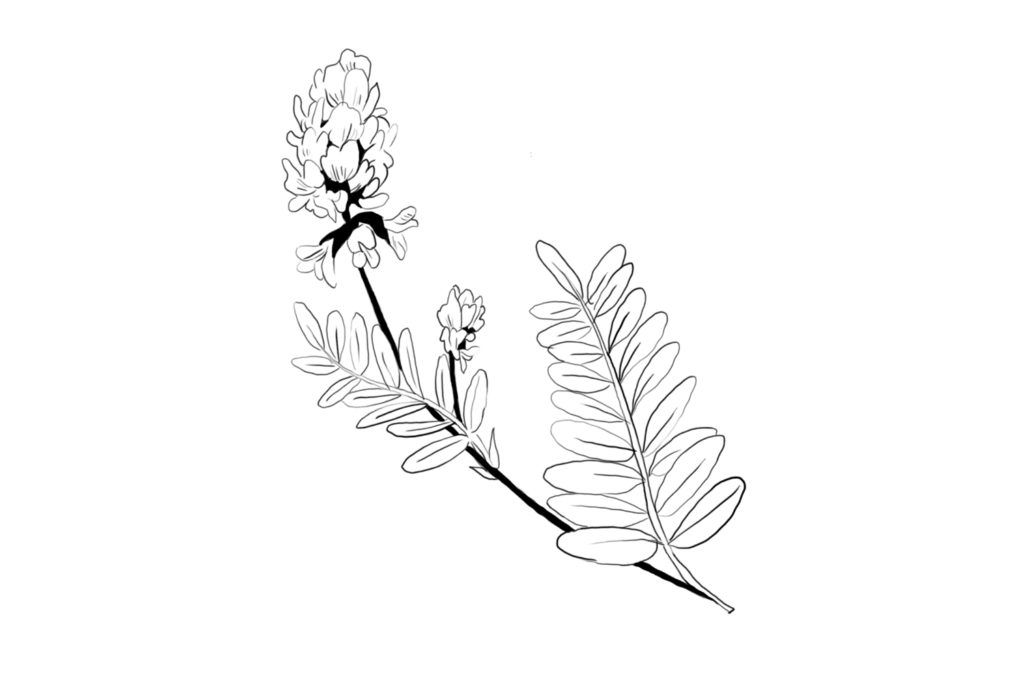
Used in traditional Chinese medicine and in Siberia for centuries, this adaptogenic herb is renowned for its ability to strengthen and support the immune system, but also to protect the liver and kidneys. This plant is rich in antioxidants, which protect cells against oxidative damage. It also contains anti-inflammatory and antibacterial properties, which is why astragalus is considered a wonderful remedy for blemishes and persistent skin infections.
Astragalus can help aging positively, as a tonic adaptogen, to support the entire body system, especially the digestive system, urinary system, heart and nervous system.
Goji berry – Lycium barbarum – Lycium chinensis
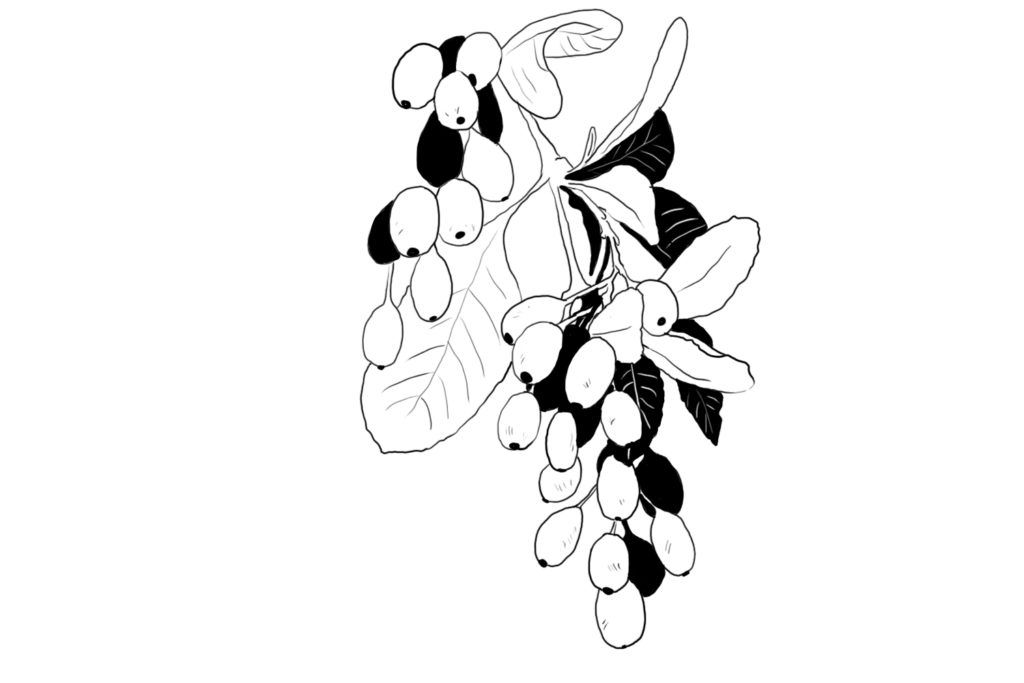
The fruit of longevity, considered a super food because it has one of the highest ORAC (Oxygen Radical Absorbance Capacity scale), containing a high concentration of antioxidants; with anti-inflammatory and anti-aging properties. This adaptogen rich in carotenoids, flavonoids, is packed with selenium and zinc, which are important minerals for skin health and hormonal health. The goji berry improves the skin barrier, prevents water loss, stimulates collagen production, promotes cell viability and helps in skin healing.
The goji berry also has a soothing and moisturizing action for the digestive system, it is also known as a protective for the liver.
Gotu Kola – Centella Asiatica
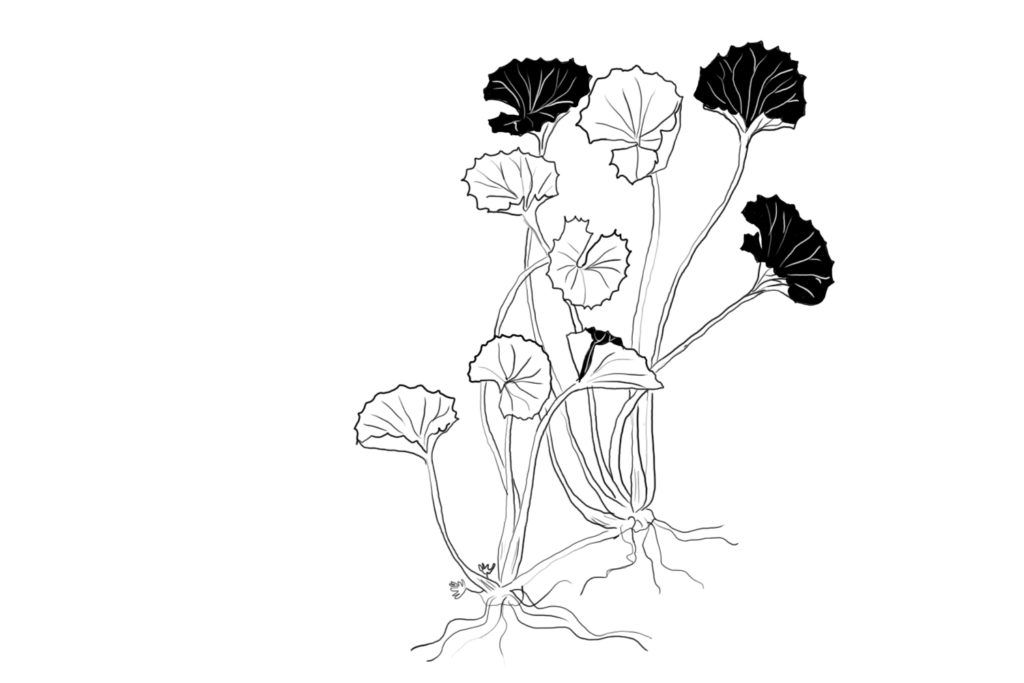
Better known by its botanical name, centella asiatica, is an adaptogen, native of Asia, found in many Ayurvedic formulations. Traditionally used for its ability to increase mental clarity and focus. Gotu kola has been used to help heal chronic skin problems such as psoriasis, acne, and eczema. Its main constituents, triterpenes, help heal and strengthen connective tissue and increase collagen production. This is especially useful after surgery to help speed healing time, reduce inflammation, and promote a quicker tissue healing. Gotu kola has also been found to be helpful in preventing and reducing stretch marks and cellulite. Topically, this herbal remedy has been found to improve and speed healing of burns and wounds without leaving scars. It is a specific remedy to soothe wounds and ulcers that are slow to heal.
He shou wu – Polygonum multiflorum
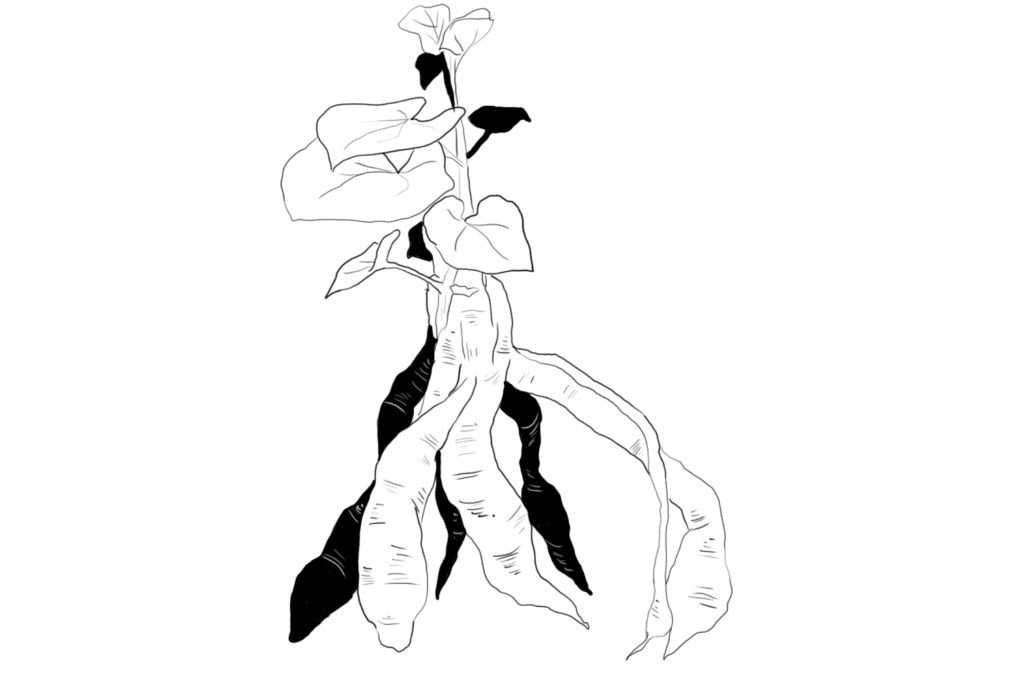
Originally from China, he shou wu is a sacred root whose use dates back to ancient times. Its name translates to “(Mr) He with black hair” it is said that the plant is named after the legendary man who discovered the use and benefits of this plant. This herb is known in Chinese medicine to nourish the liver, kidneys, blood, strengthen muscles, tendons, ligaments and bones. Also prescribed for fatigue, general weakness, back pain, poor vision, dizziness and insomnia. It is also beneficial for improving heart health, improving digestion, and treating inflammation of the bowel and liver.
It is the ally of the hair system, to treat hair loss, premature graying of hair, he shou wu has been used for centuries to help maintain hair color. This plant is highly prized for its anti-aging properties, which are known to maintain and support the natural production of collagen.
Schisandra – Schisandra chinensis
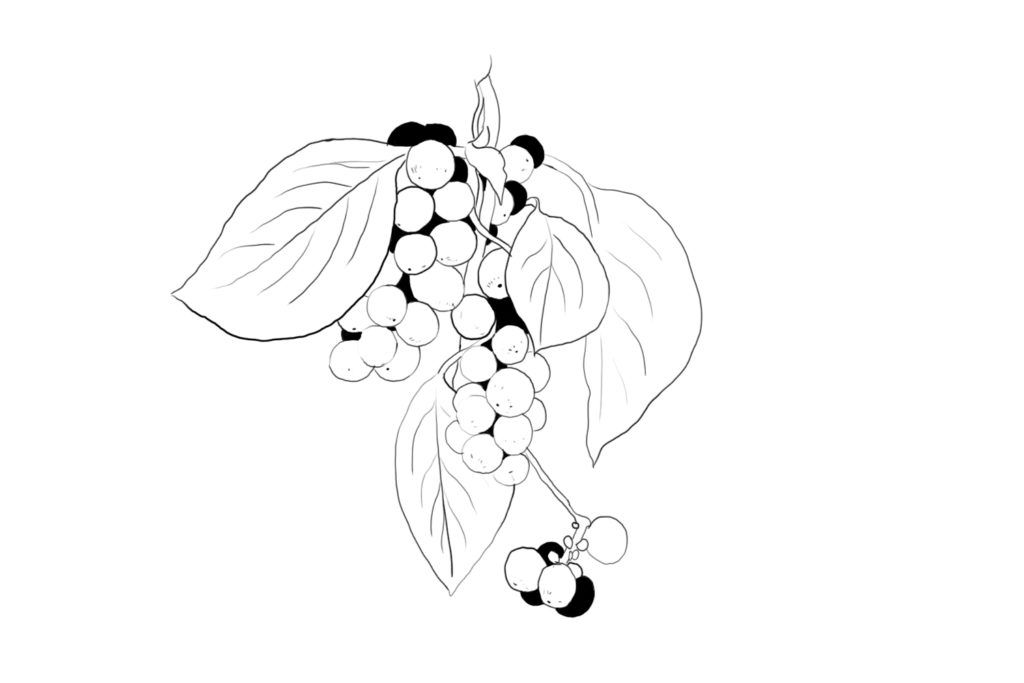
Its Chinese name wu-wei-zi, meaning “fruit of 5 flavors”, is soothing and helps relieve anxiety and asthma or stress-induced palpitations. Schisandra berry may help prevent immune system depletion caused by stress. People who suffer from acute and chronic stress are more likely to catch colds or the flu and to develop immune deficient diseases. Studies have shown that schisandra has a normalizing effect on blood pressure.
Provides excellent adrenal support to improve physical performance, promote endurance. For the mind, it can help prevent mental fatigue and improve concentration. Works as both an anti-inflammatory and an antioxidant, helping to soothe and reduce visible signs of irritation. Relieves skin conditions caused by allergies, including hives and eczema.
Tulsi – Ocimum Sanctum
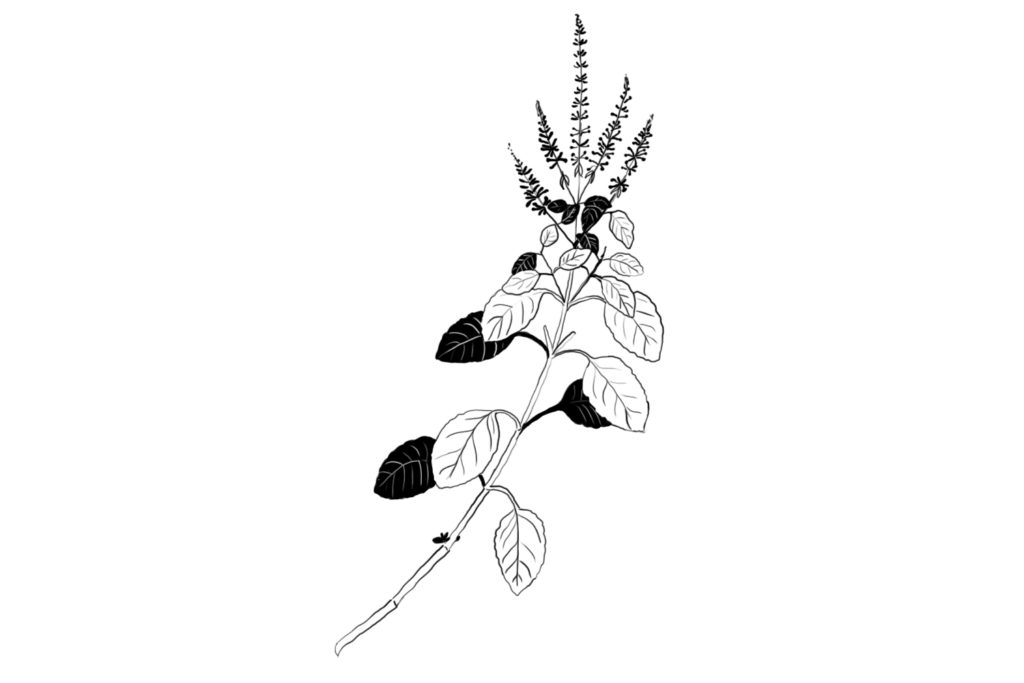
Also known as holy basil, this wonderful adaptogenic herb native to India is also called “queen of plants“.
Holy basil has the ability to work at a deep level, balancing the vital energy of the body. Holy basil is believed to help maintain the flow of energy and mental clarity, helping to uplift the mind and emotions. Tulsi is widely used to help manage stress, decrease anxiety and regain focus, effective for high blood pressure caused by anxiety. It is also used to balance blood sugar and hormones. For stomach cramps and general poor digestion after eating, or even for acute gastrointestinal issues, an infusion of tulsi will soothe and regulate the entire digestive process.
Tulsi contains ursolic acid (a triterpene) which is one of the favorite components of the cosmetics industry because it not only heals the skin quickly, but also improves elasticity and eliminates wrinkles. In topical care, tulsi is also used for its antifungal and antibacterial actions.
I hope you enjoyed reading about the broad subject of adaptogens & beauty. You can follow me on Instagram @thefrenchcoconut, if you have any question do not hesitate to reach out!
Sources – Bibliography :
- Adaptogens, David Winston et Steven Maimes
- Ayurveda & Panchakarma, Sunil V.Joshi MD
- Super Herbs, Rachel Landon
